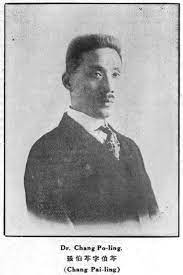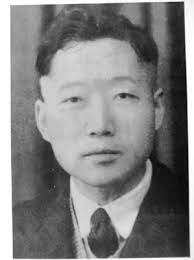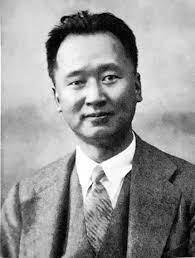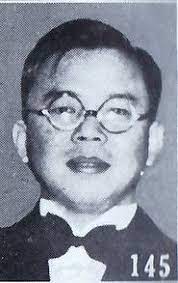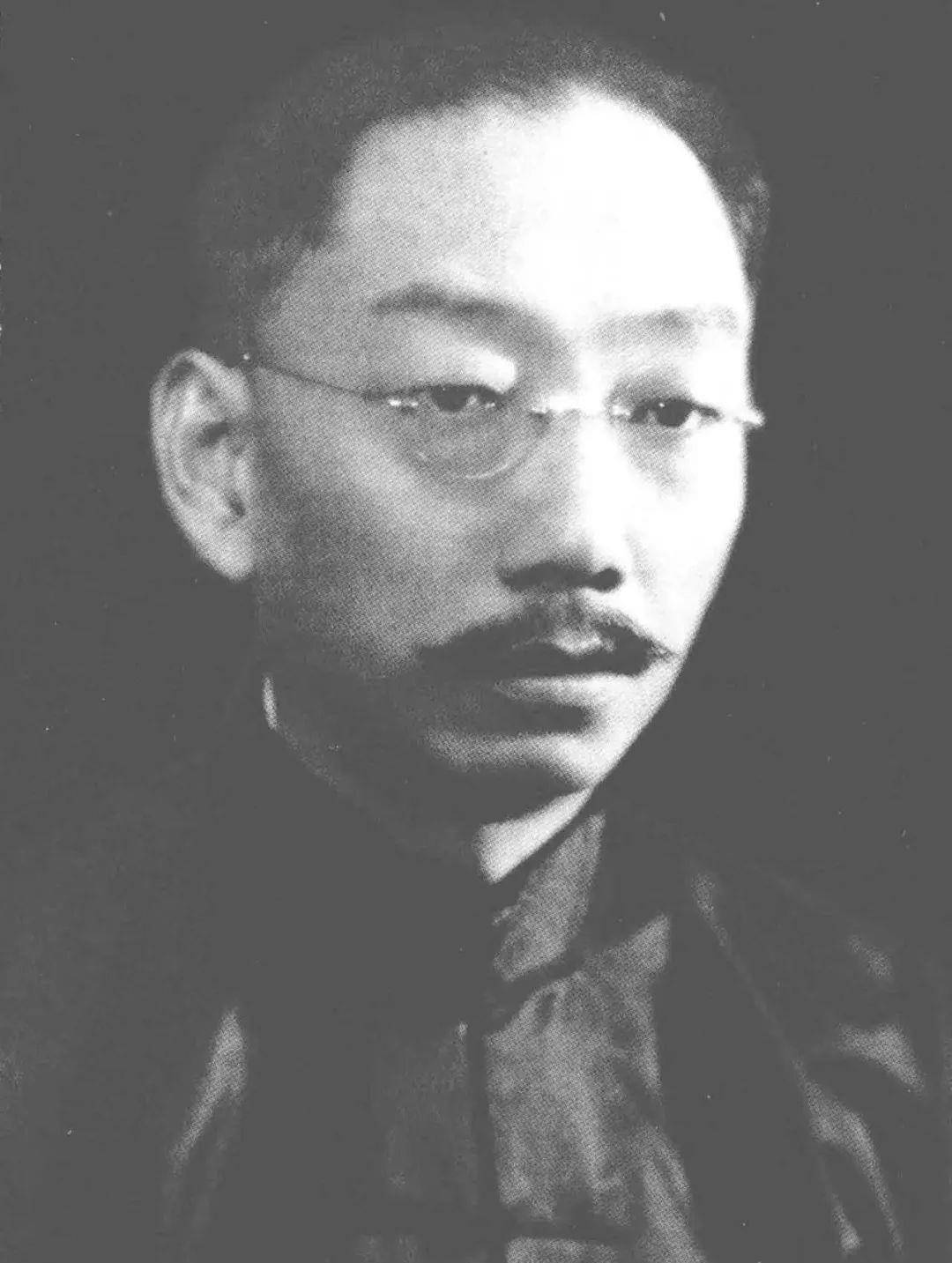Chang Po-ling (1876-1951), prominent Christian educator, founded the Nankai Schools and established Nankai University at Tientsin in 1919, serving as its president until 1948. Deputy speaker of the People's Political Council during the Sino-Japanese war, he served as president of the Examination Yuan at Nanking in 1948. He retired in 1949 to live in Tientsin. […]

